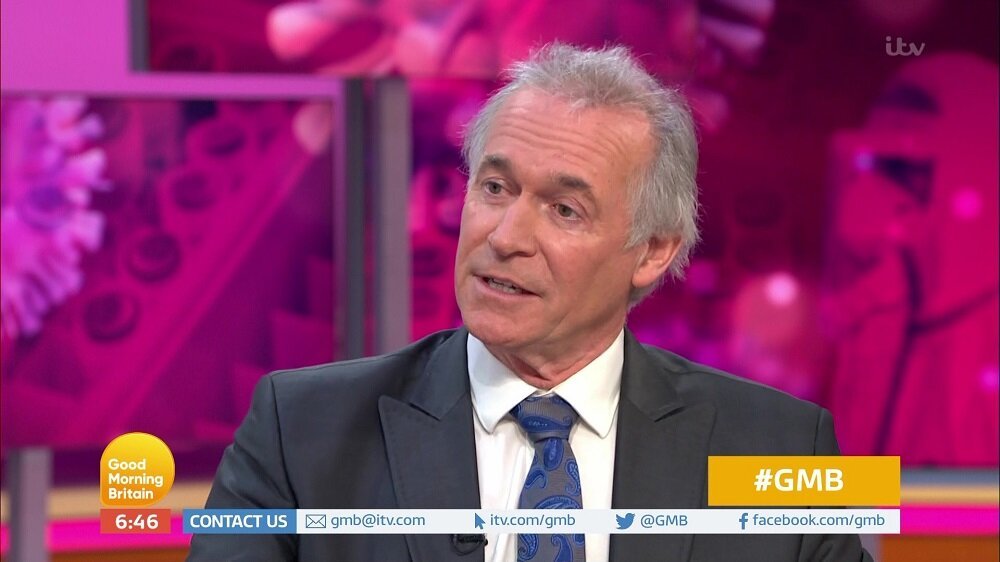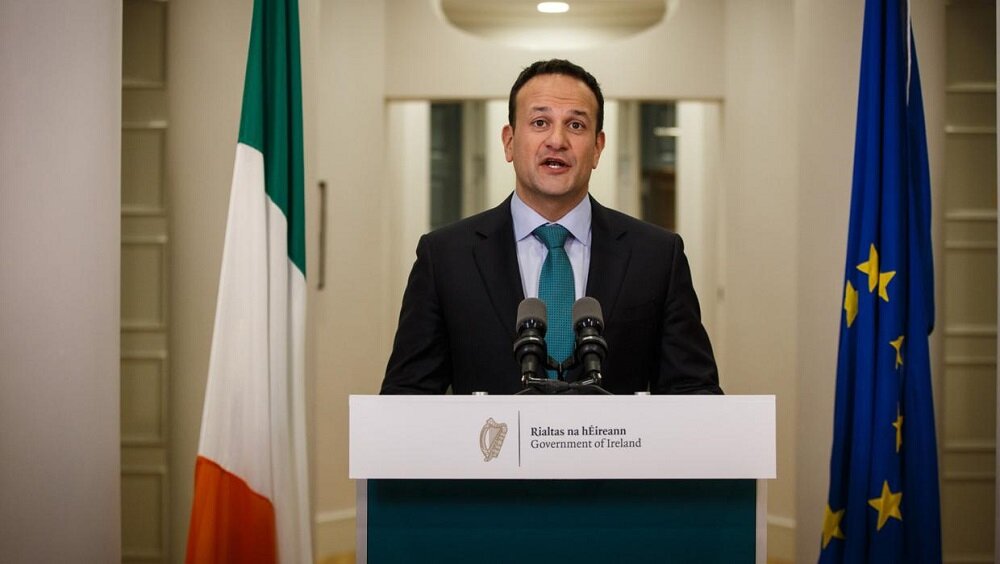As the world comes together to tackle one of the largest global health pandemics in a century, there is an overarching sense of worry, fear, and confusion.
As with any crisis situation, we all grapple to understand what is in store for us, and in our search for understanding, we instinctively turn to experts to guide us.
In any public crisis, be it Covid-19, a boil water notice, or the horse meat scandal of seven years ago, the public expect answers to their questions.
What is happening? How is this crisis being dealt with? Who is responsible? What are the full implications of the issue at hand?
While there aren’t always immediate answers to these questions —and even when there are, they can change as a crisis evolves—it’s important that there is a point of contact or source of information readily available to help the public, or any other stakeholder group, understand the situation as it progresses.
What you say (and how you say it) matters
In a time of uncertainty, having a spokesperson available to answer questions and provide updates on activities can help keep a situation under control. However, what you say, how you say it, and who you say it to must be given detailed consideration.
Identifying somebody as a credible source of information in a crisis situation positions them as an expert on the topic, meaning that everything they say has weight.
Earlier this week, we saw this come into play when Dr Hillary Jones, a British GP and celebrity health expert, appeared on Good Morning Britain to help educate the public about the coronavirus.
During his interview with Piers Morgan, Jones discussed Ireland’s approach to Covid-19 and claimed that we do not have a health service. When asked by one of the other panellists whether this was true, Jones fumbled, but then continued to maintain that he was correct.
His claim caused clear confusion among the presenters and sparked confusion across social media.

While Jones later admitted (and corrected) his error, the majority of social engagement generated by the interview was focused on whether or not Ireland had a health service as opposed to Jones’s intended messaging on containing the coronavirus. In effect, one misstep had undermined the important points he had set out to communicate.
What can be taken from this example, and many others like it, is the importance of clear messaging and direction when speaking in the time of a crisis. In a crisis situation, difficult and unexpected questions will be unavoidable, but you shouldn’t feel compelled to have all of the answers.
If you can’t speak with authority on a subject or particular question, then it’s fine to acknowledge that it is not your field of expertise and redirect the interview to territory you’re more familiar with.
Having a clear message will prevent you from veering onto subjects that you are less comfortable speaking to, helping you to avoid unnecessary challenges and ensuring that the focus of your engagement is around the intended messaging.
Redrafting the script
However, no crisis has a single set script. As a situation develops, so too should its messaging. Each stage should build on the last and increase stakeholder understanding.
As we’ve seen in recent weeks, fake news is more rampant than ever. Fake WhatsApp messages have ignited rumours of army-patrolled streets and even martial law. Social media sharing has created hysteria over supposedly reduced toilet roll supplies. Word of mouth has people believing that supermarkets are going to shut overnight.
Having a reliable spokesperson who isn’t just providing information updates but is also actively quashing fake news as it arises is key to maintaining control of a crisis narrative. As people struggle to identify what’s real and what isn’t, they will look to have questionable claims verified by a reliable source. A spokesperson who can provide factual, up-to-date messaging will build credibility in a time of uncertainty.
Taoiseach Leo Varadkar’s public address on 17 March is a prime example of this. When the nation turned on their televisions that evening in search of reassurance and guidance, Varadkar could have simply reassured them by telling them what they already knew.

Instead, he used the opportunity to provide answers. He did not shy away from the difficult situation that was at hand; he addressed it directly by providing facts that helped to demystify any public misconceptions and provide clarity around questions regarding the next steps.
In contrast, the approach of the UK Government has caused mass confusion and panic. Off-the-record media briefings and contradictory messaging over the past number of weeks have resulted in a lack of clarity, and unattributed statements have fuelled the spread of fake news.
In recent days, however, the UK has recognised the need for clearer messaging and has moved to implement daily ministerial press conferences on the crisis, which demonstrates that Westminster has recognised a need for a change in approach. This way, Prime Minister Boris Johnson can maintain some degree of control over the narrative in the UK and build his nation’s trust in his plan.
Taking ownership
To this end, the role of a spokesperson really boils down to taking ownership in a time of a crisis and providing leadership where people need guidance.
In some cases, this may require one dedicated spokesperson. In others, it may call for a team of experts or leaders who are respected as credible sources to pull together to build a unified, informed narrative.
Being a spokesperson in a time of crisis is never without its challenges, but being proactive, regardless of how difficult the situation may be, will ultimately earn you long-term respect during an unpredictable period.

About the author
Lauren is a Senior Client Executive at 360. She is involved in developing, cultivating and maintaining a positive corporate identity for her clients. Lauren loves meeting new people and finds others’ stories and experiences to be life’s best sources of inspiration.
